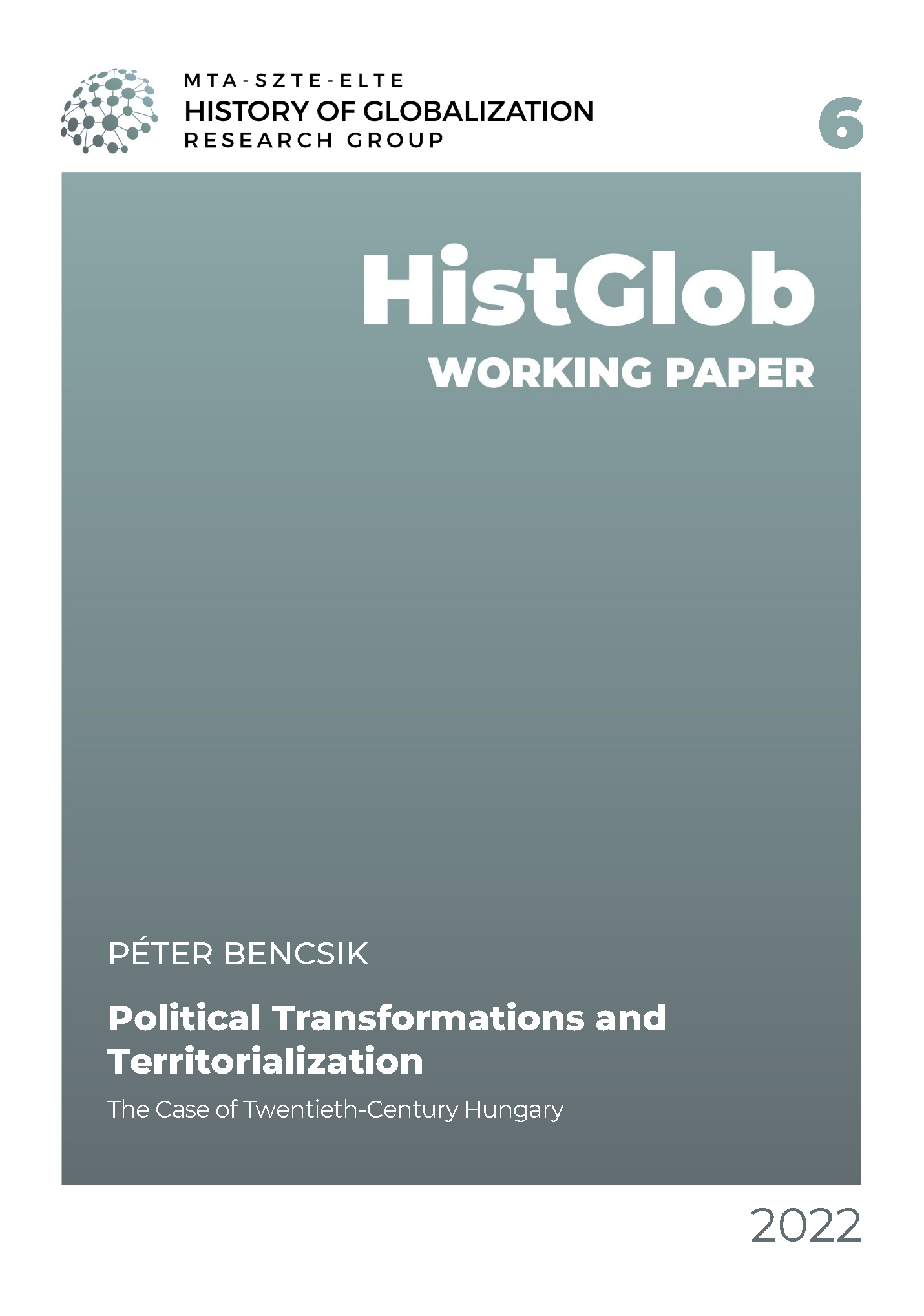The twentieth century was a period of frequent regime changes in Hungary. From 1918 to 1947, territorial changes were also common. Within the short twentieth century, the international environment changed significantly, from the age of territoriality to the age of globalization. The paper examines whether and how Hungary was territorialized or globalized during political transformation periods. After discussing the theoretical background, the study examines the drivers of territorialization. According to the scholarly literature, formation of new states and the presence of minorities in the borderland area always go hand in hand with territorialization. This claim is supported by events in twentieth-century Hungary. At the same time, the paper also examines whether regime and/or border changes have the same effect or not. Finally, another important question is whether the liberalization of the border regime will soften the political system and contribute to political regime change.
Kulcsszavak: transformation, regime change, territorial change, globalization, territorialization, borderland minorities, border regime, Hungary
The research and this publication have been financially supported by the MTA−SZTE−ELTE History of Globalization Research Group (project number: 0322107).
Megjelent: 2022-11-02

